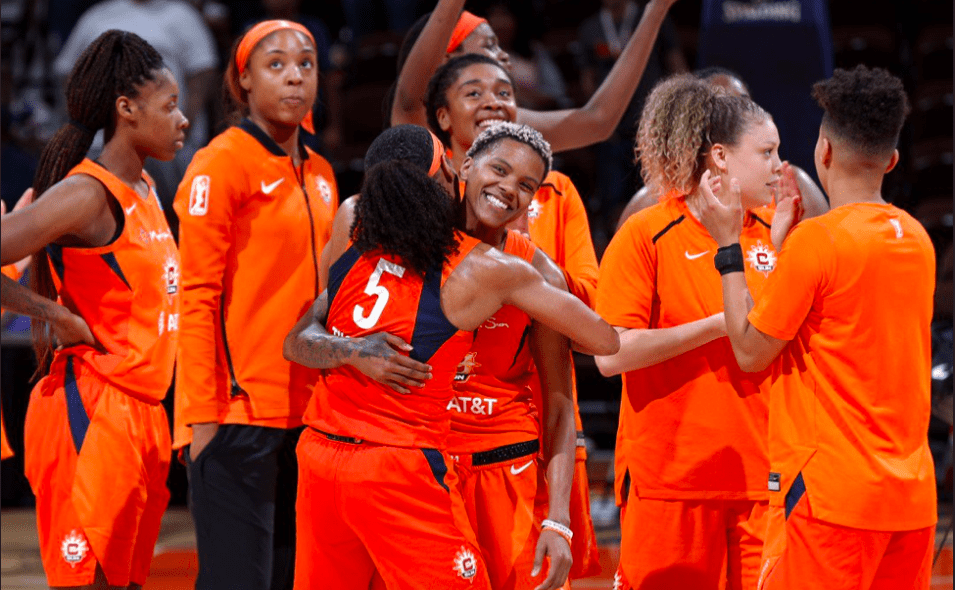The last thing I would ever do is trust an American Cuisine chef to change the brakes on my car. Why? Because he spent years of his life learning to whip up a mean clam chowder- not work on cars. Instead, I’m taking my car to a mechanic who has devoted her life to learning everything about repairing cars. It makes sense to pay her to change my brakes, not the chef. Cue Kawhi Leonard’s Load Management and the science behind it all.
Thanks for reading my article. Please make sure to check out all our content over at BellyUp and follow me on Twitter here!
As a soon to be a physical therapist, I know more about treating patients than scientific research on injury prevention- but I know enough to form an opinion. In other words, I may not be a mechanic, but I can change your oil.
But enough about cars and low-quality meats. I’ll explain why the Clippers should continue allowing Kawhi to take rest days despite outcry from non-medical experts. I’ll also discuss the method to this infamous load management technique:
#1: Kawhi Leonard’s Load Management: The Science
People like Tim Gabbett have dedicated their entire professional life to identifying the link which binds injury, and athletic performance. This difficult and tedious endeavor is one that even I- despite being in the medical community- cannot fully appreciate. The result to date is this study hot off the presses. There they confirm that poor athletic performance and injuries are closely related to chronically low workloads and big spikes in workloads.
In plain English, Gabbett, and colleagues confirmed (and quantified) what we intuitively know:
- Couch potatoes who run a marathon with no training will perform poorly and are prone to injury.
- Short distance runners (less than 26 miles per run) who run a marathon with no training will perform poorly and are prone to injury.
So, finding the “sweet spot” of physical activity volume for an athlete over the course of a season is paramount to her or his optimal performance and health. Obviously playing 20 games in six months is not the answer, but neither is playing 100+ games in seven months.
#2: Work Smarter, Not Harder
The immediate counter-argument is to work smarter and not harder which I generally agree with. However, when it comes to this specific situation- optimizing rest days and playing a full season- are necessarily at odds. Furthermore, my response to arguments that cite players’ workload from the ’80s as proof against working smarter is this:
“The most damaging phrase in the language is ‘we’ve always done it this way'”. -Grace Hopper
NFL quarterbacks used to smoke cigarettes on the sideline. Michael Jordan once ate an entire large pizza before a playoff game. Low back pain used to be treated with bed rest (the exact opposite of what helps back pain). So, instead of thinking that players performed because of behavior, consider that players may have performed in spite of a behavior.
Imagine the longevity that Larry Bird could have had if he played in 2019. In the ’80s there was zero research on rehabbing back pain, but a physical therapist in 2019 would have Larry up and shooting in no time. Today, the Clippers have the luxury of science informing them that too much work can cause injuries. As a $2 billion franchise, why wouldn’t they utilize the science and technology available to protect their player (A.K.A. investment)?
#3: His Minutes Are Up

The facts are the facts: since 2012 (excluding 2017 when he played only nine games) Kawhi’s minutes per game have trended up. In fact, last year he played his third-fewest career games in a season (60), but averaged a career-high 34 minutes per game.
#4: His performance Is Up
More facts: in 2018, Kawhi played less than two-thirds of the regular season, but averaged career highs in rebounds,(9), assists (6), and points (26.6). If you remember correctly, that’s the season he also led the Raptors to an NBA championship. The only other season in which Kawhi averaged more points per game than in 2018?
Wait for it.
2019.
Facts are fun.
For those of you who I lost back at clam chowder, this means that his load management strategy is working. The minutes that Mr. Fun Guy is playing are more efficient than they have been in his entire career. That’s not a coincidence.
#5: Kawhi’s Health > Fan Selfishness
The final most common argument is filled with anger and spouts “people pay good money for their tickets! He should play so we can watch him!”
This argument contains the fewest facts or logic and is driven mainly by emotion, but I sort of get it. If I paid money to see a superstar play, it would be upsetting to hear he’s a healthy scratch. However, this is simply an unfortunate byproduct of a bigger decision made in 2017- protect Kawhi Leonard’s health. Do indignant and wrongfully entitled people really deserve to watch Kawhi play anyway?
When we free our minds from Kawhi “the commodity” causing inconveniences to Kawhi “the human” preparing for a long career, the resentment (should) fade.
I hope that science and reason convince you that Kawhi is ultimately doing what’s right for his long term health. I can’t answer whether or not Kawhi’s Load Management is “good for the league” because nobody can. That answer lives somewhere in between the NBA’s massive bottom line and LeBron’s hairline. I can say that load management is scientifically sound and a reason why the Clippers may win a championship in 2019.
Thank you for reading Kawhi Leonard’s Load Management: The Science.






